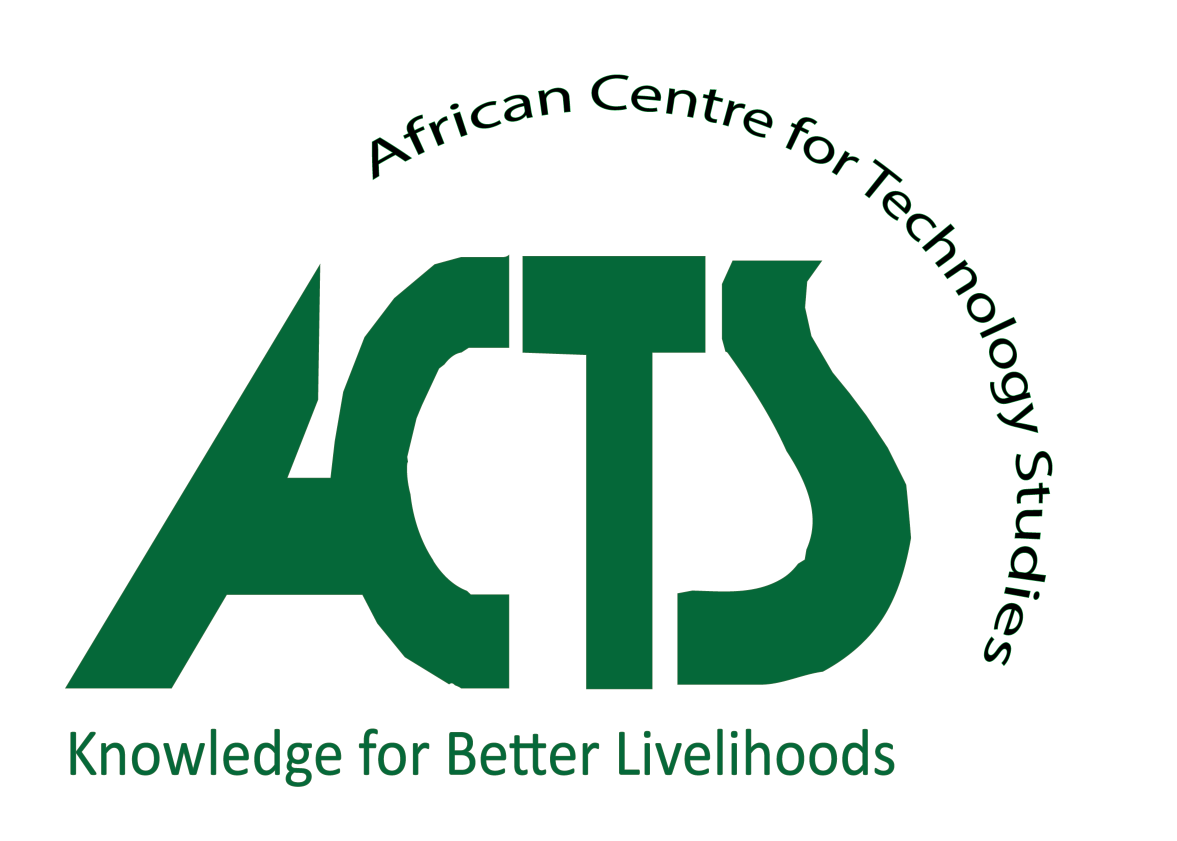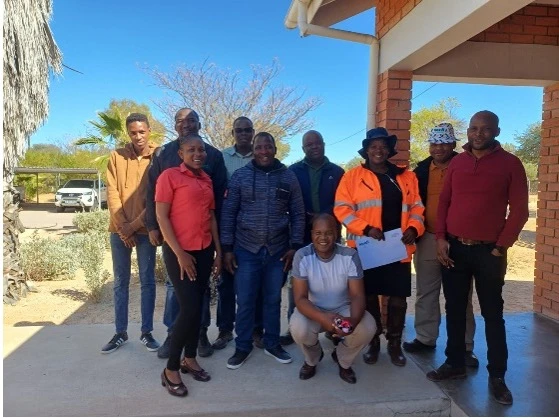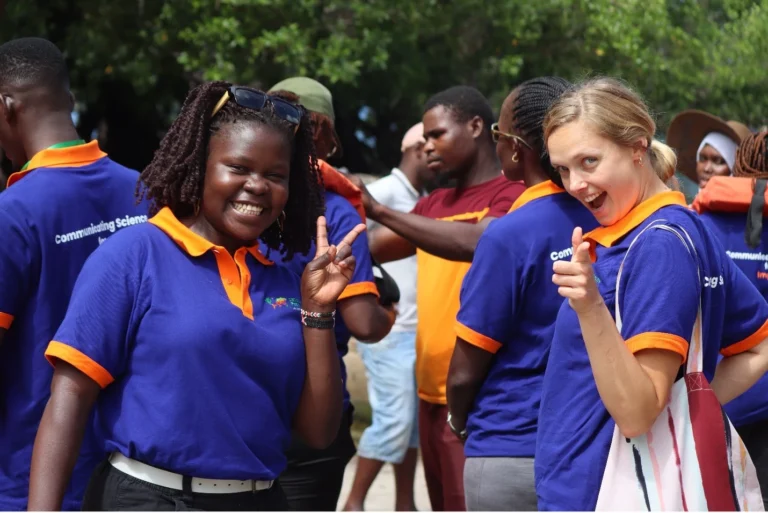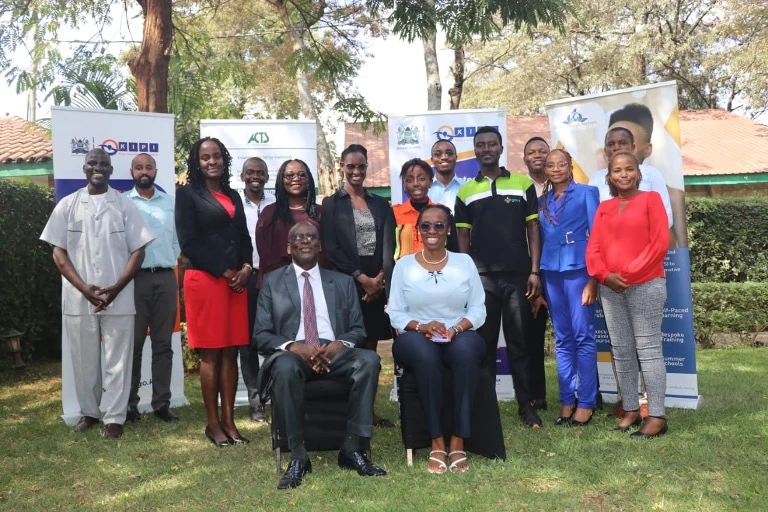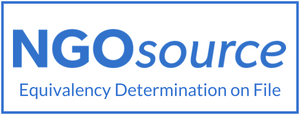Flat6Labs has a proven track record in carefully vetting out and investing in promising startups in North Africa since it was founded 12 years ago, with more than US$16M invested in startups, and over US$191M raised in followon funding while creating more than 2,500 direct jobs and 80,000 indirect jobs through its first two funds in Egypt and Tunisia.
Generally, the bootcamp was designed to enhance the capabilities of tech startups and entrepreneurs in ‘Investment Readiness,’ focusing on key areas such as market research, pitch refinement, and strategic growth strategies. The boot camp also dedicated significant time to perfecting the art of pitching. Participants learned the essentials of crafting compelling elevator pitches and developing comprehensive pitch decks.
They also had the opportunity to deliver live pitches. The bootcamp was structured to cover essential aspects of startup development through presentations and panel discussions. Bootcamp for Kenyan innovators to access Flat6Labs’ US$95 million Seed Fund The bootcamp was meant to enable Kenyan innovators to access Flat6Labs’ US$95 million Seed Fund.
The fund aims to nurture the growth and development of early-stage tech startups in Africa A central focus of the bootcamp was understanding the current landscape of the innovation ecosystem in Kenya, the Middle East and North Africa (MENA) region and the critical factors for investor readiness. “Participating in the Tech Startup Bootcamp has been an eye-opening experience. This boot camp has not only equipped us with the tools we need to secure investment but also given us the courage to work on perfecting our pitches through the constructive criticism by the experts and our fellow founders,” said a participant.
The ACTS-led gDIH consortium partners include Konza Technopolis Development Authority, Kenya Agricultural and Livestock Research Organization (KALRO), Kenya National Innovation Agency (KeNIA), Kenya Industrial Research and Development Institute (KIRDI) and Jomo Kenyatta University of Agriculture and Technology (JKUAT). The hub is supported by GIZ Kenya, GFA Consulting Group GmbH, Digital Transformation Centre Kenya, and the European Union
